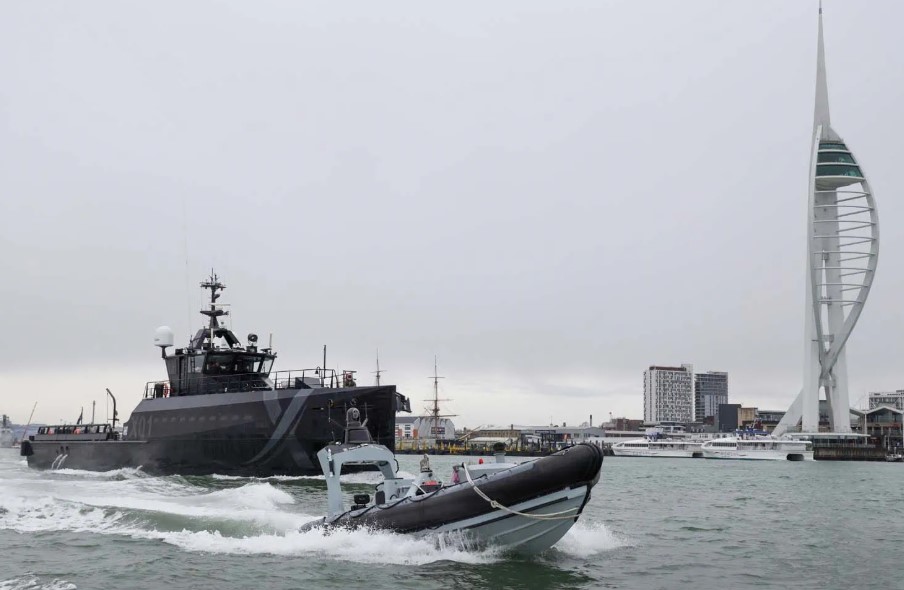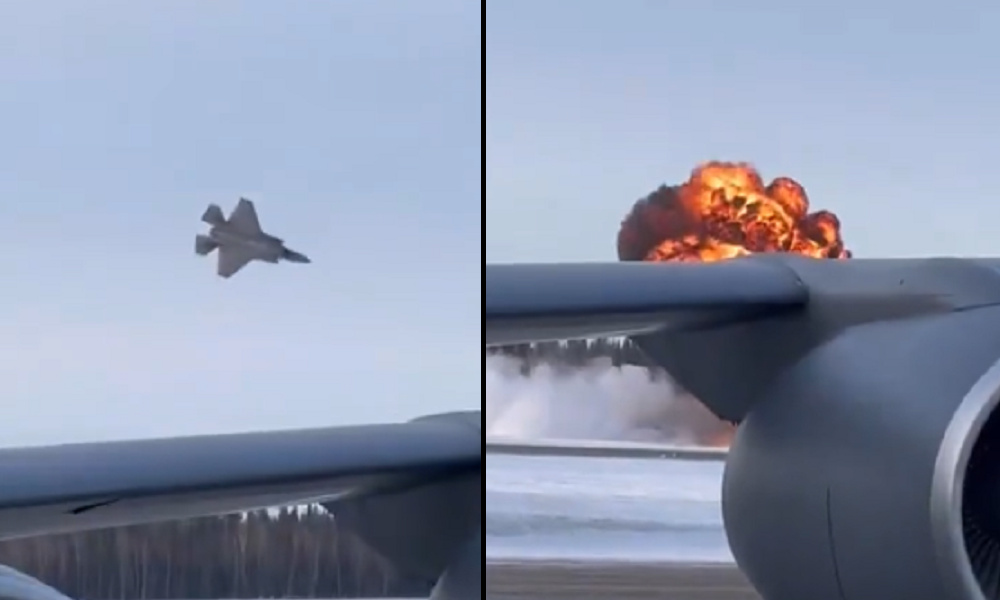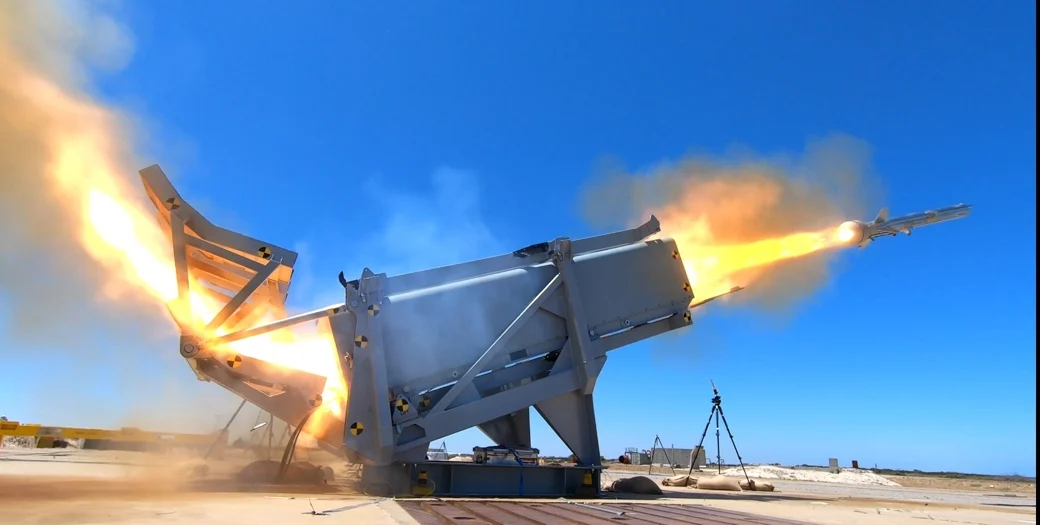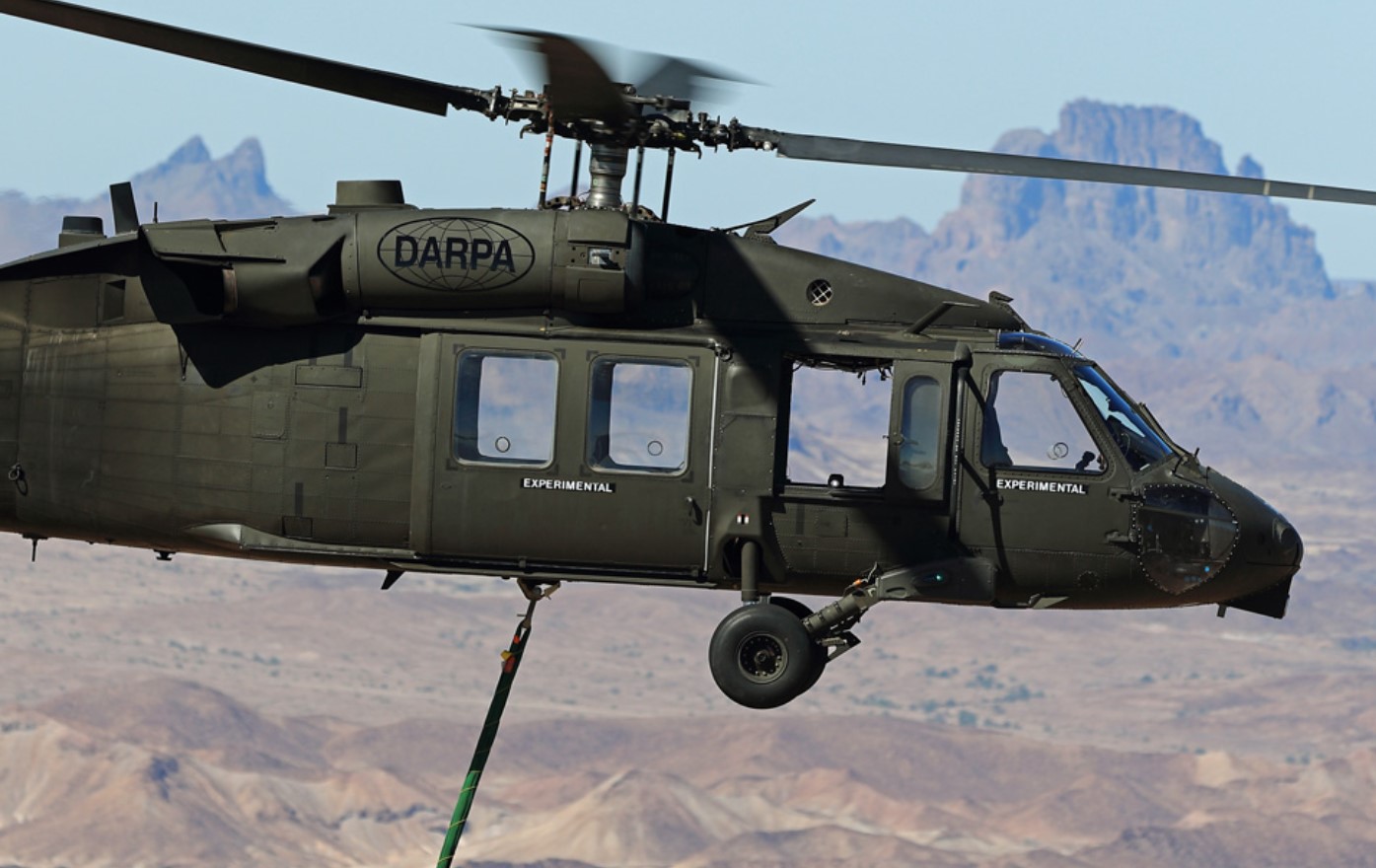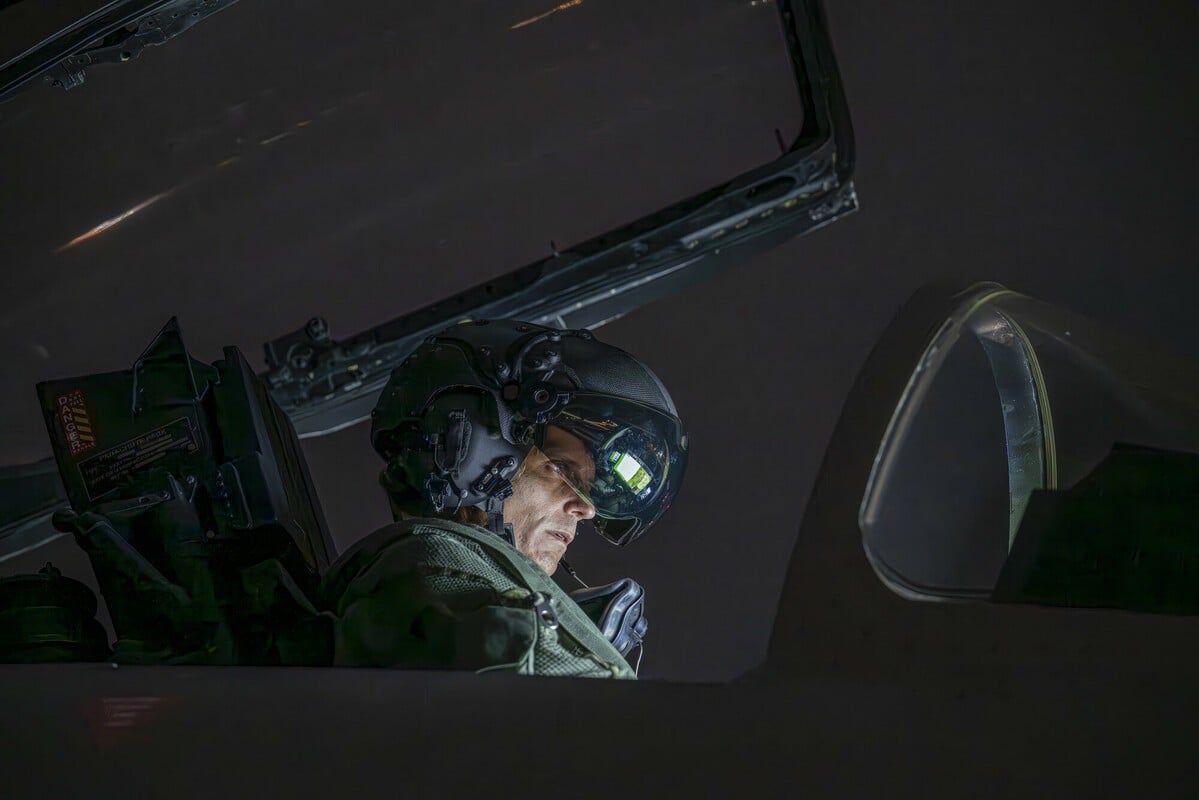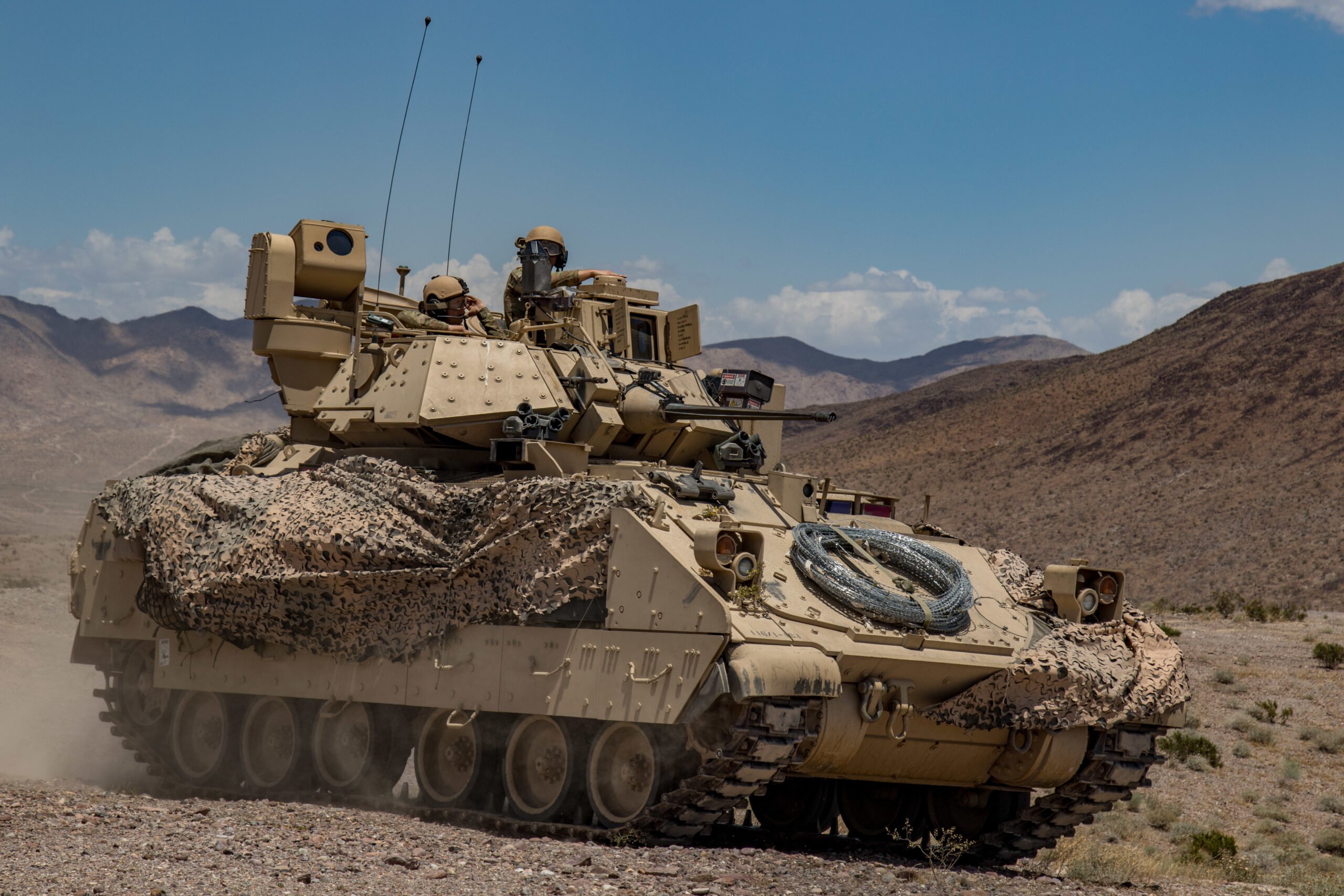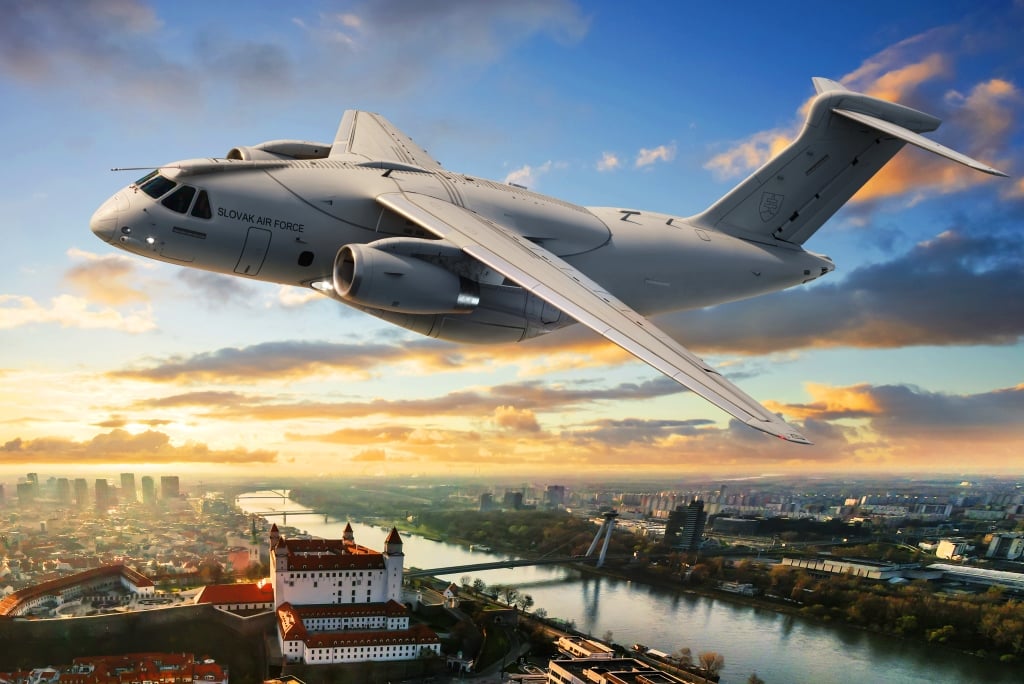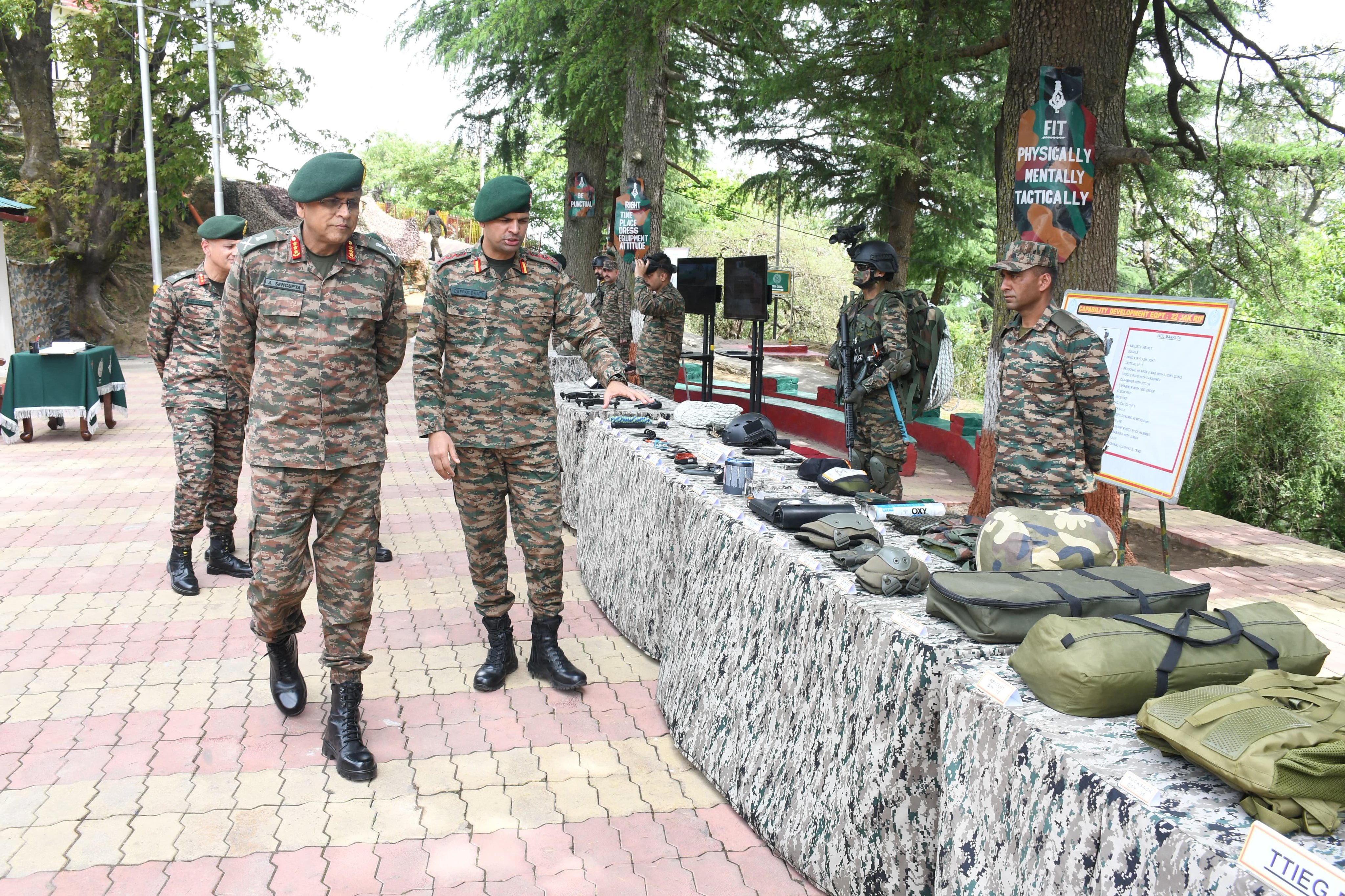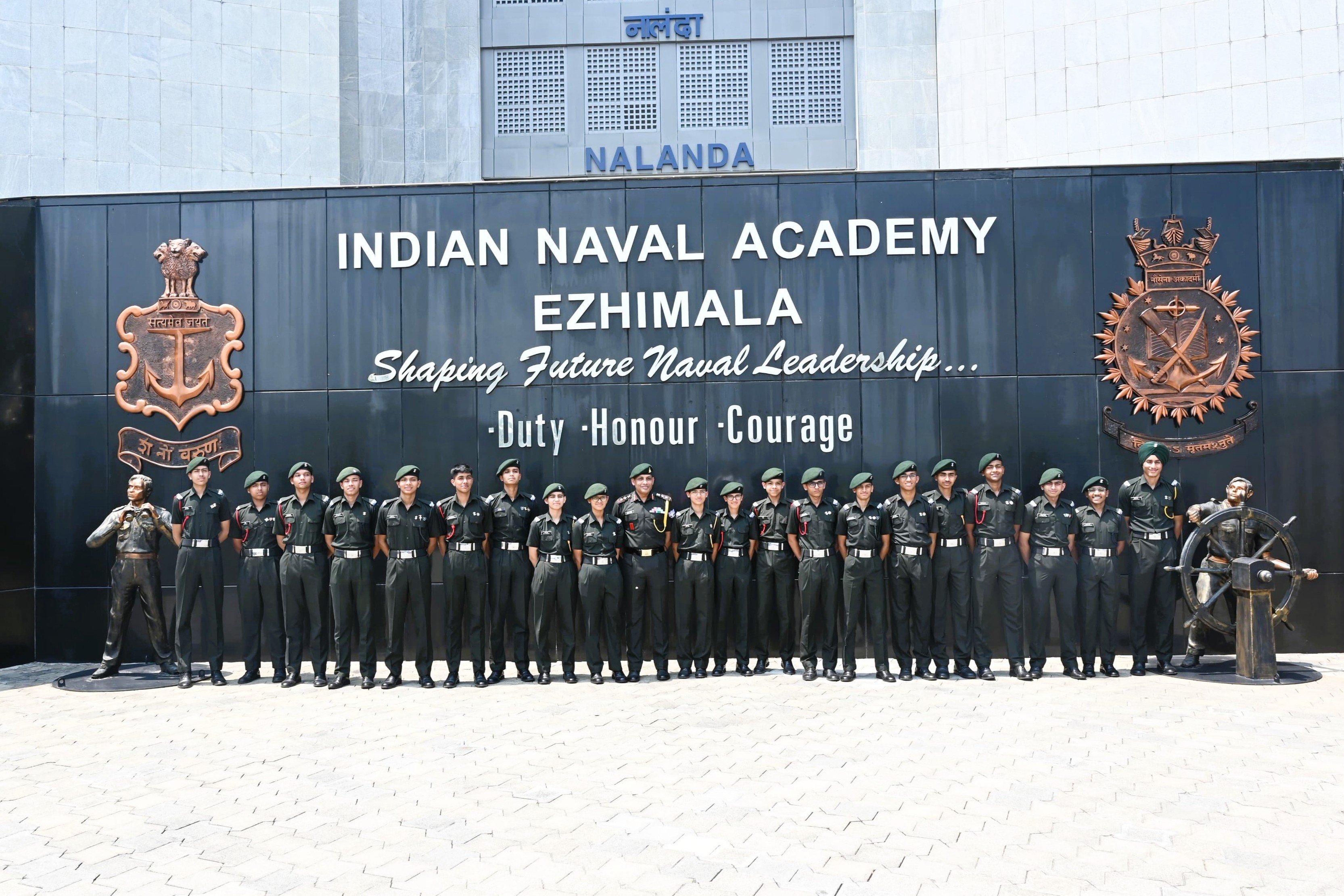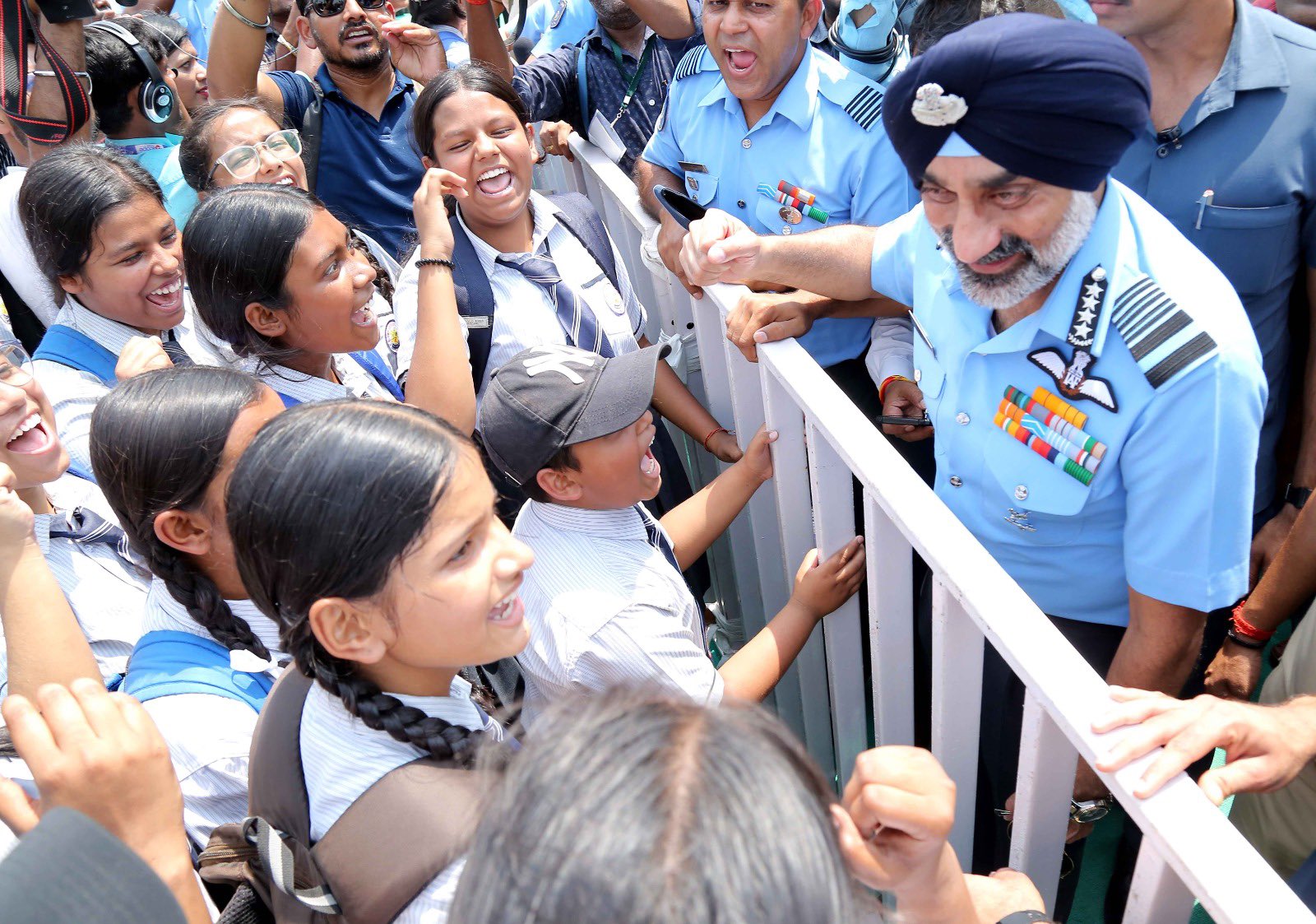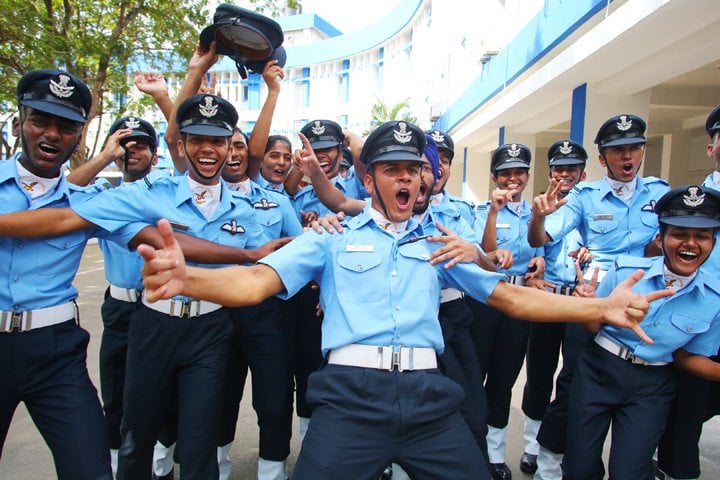The Royal Navy has successfully conducted groundbreaking trials of its Pacific 24 rigid-inflatable craft, showcasing advanced autonomous and remote navigation capabilities for the first time in UK waters. These trials took place in the Solent, where the vessel adeptly followed pre-programmed routes while being remotely controlled by the Royal Navy’s NavyX team, comprised of autonomous specialists.
During the exercise, the craft was equipped with a suite of consoles, cameras, and sensors that provided real-time data feeds to control units aboard the XV Patrick Blackett, stationed off the coast of Portsmouth. Demonstrating its resilience, the uncrewed vessel navigated through busy waterways under challenging conditions, including rough seas and snow, effectively evaluating its performance in scenarios that mimic real-world operations.
The Royal Navy highlighted the potential for further enhancements to this kind of technology. Additional sensors and weapons systems could be integrated into such vessels to bolster their capabilities in intelligence, surveillance, and reconnaissance missions. Commander Michael Hutchinson remarked that these trials serve as a foundational step towards greater integration of autonomous technology in the Navy, stating that they are crucial for developing effective operational procedures for using uncrewed systems in warfighting scenarios.
Although these trials mark a significant milestone for the UK, they build on the country’s experience in similar exercises with NATO allies. In September, for instance, participants in Exercise Repmus gathered in Portugal around the Troia Peninsula to explore the operational capabilities of autonomous systems. This annual exercise focuses on enhancing the Alliance’s understanding of emerging maritime threats and the collaborative operation of unmanned systems in a complex environment.
The successful testing of the Pacific 24 represents a forward-thinking approach by the Royal Navy to embrace cutting-edge technology, positioning itself strategically to tackle modern warfare challenges and improve maritime security operations.

